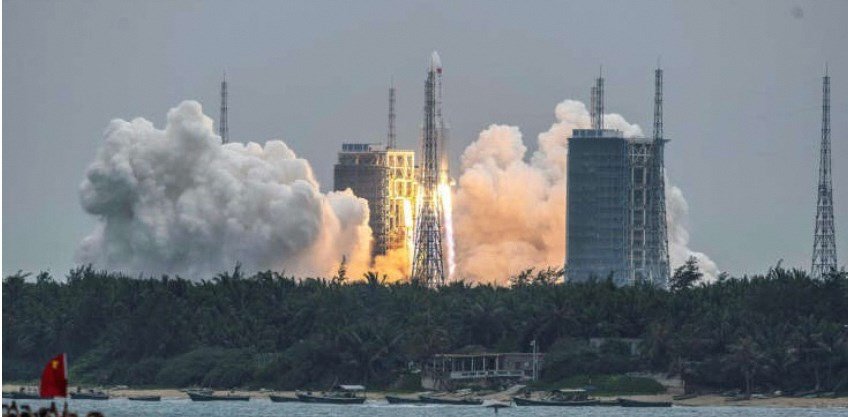China has successfully launched a three-person crew for its Tiangong space station, a landmark event closely followed by the international space community, including enthusiasts in Pakistan. The crew, composed of experienced astronauts, lifted off aboard a Long March-2F rocket from the Jiuquan Satellite Launch Center. The Tiangong space station represents China’s commitment to maintaining a permanent human presence in orbit, a significant achievement given the competitive nature of space exploration globally.
China’s Tiangong project is part of a larger strategy to strengthen its role in space science and technology. The mission is expected to facilitate a variety of experiments, including biological research, earth observation, and the study of space physics. This achievement has drawn considerable interest from the global scientific community, as China joins the ranks of countries capable of independent space exploration. Pakistani scientists and students have also shown great interest, recognizing the mission’s significance in advancing human knowledge of outer space.
As China continues to develop its space capabilities, it opens the door to potential international collaborations, possibly with countries like Pakistan, which has a budding interest in space technology. The successful launch underscores China’s ambitious plans for space, adding another chapter to its rapidly advancing space program and serving as inspiration to young space enthusiasts across Asia.
